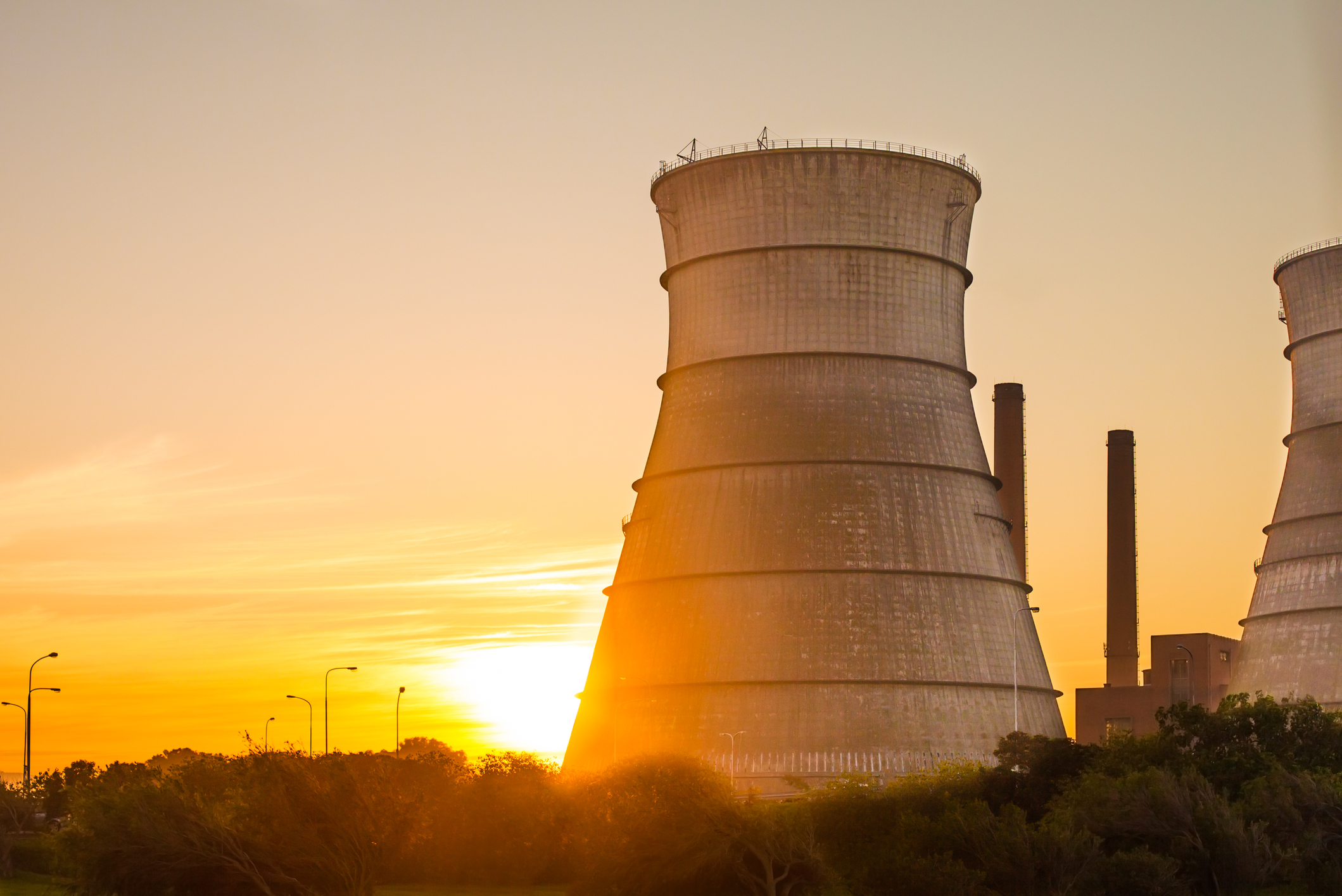Governor. Phil Murphy formally endorsed expanding New Jersey’s nuclear power capacity this week, marking a public pivot toward atomic energy after setbacks in offshore wind development and growing regional energy demands.
The New Jersey Board of Public Utilities (NJBPU) issued a Request for Information (RFI) to assess the feasibility of new nuclear resources, as Murphy highlighted the need for “clean, reliable, and affordable” electricity. The move comes amid surging power demand projections driven by data centers, manufacturing, and other high-load industries in the PJM Interconnection region.
“As part of my Administration’s all-of-the-above energy strategy, we continue to explore ways to bring online new sources of electricity generation and improve and expand our nuclear fleet,” Murphy said in a statement, citing the urgency to reduce prices and meet demand.
The NJBPU estimates that electricity demand in the region could jump by nearly 40% over the next 14 years. The board’s president, Christine Guhl-Sadovy, said the state’s nuclear fleet—currently three reactors generating 40% of New Jersey’s power—could be key in maintaining long-term grid reliability and price stability.
New Jersey’s reliance on offshore wind has faced challenges, with some projects delayed or canceled due to cost overruns and permitting issues. The renewed focus on nuclear energy signals a shift toward more dependable, non-intermittent sources of generation.
Key points
- Gov. Phil Murphy endorsed expanding nuclear power as part of a broader energy strategy following wind project setbacks.
- New Jersey’s three nuclear reactors currently provide 40% of the state’s power and 85% of its carbon-free electricity.
- The NJBPU released a formal RFI to evaluate new nuclear development amid projections of 40% growth in electricity demand by 2039.
Political response and next steps
State Sen. Michael Testa (R-01) criticized the governor’s timing, saying it took “eight years to reach this point.” In a statement Thursday, Testa said, “New Jersey has been falling behind in energy innovation precisely because Democrats failed to acknowledge nuclear energy’s vital role in delivering reliable, zero-emission power.”
He argued that consumers have suffered from higher rates due to an overreliance on intermittent renewable sources without sufficient firm generation to support the grid. “This inaction has come at a cost,” Testa said. “Residents and businesses alike are now paying the price.”
Nuclear energy advocates point to the need for “clean firm capacity”—energy sources that are both low-carbon and consistently available. According to modeling presented in the 2024 Energy Master Plan, nuclear could play a crucial role in maintaining reliability post-2035.
Murphy’s endorsement and the NJBPU’s RFI suggest the state may be preparing to explore not only additional reactors, but also advanced nuclear technologies that could be deployed more flexibly than traditional plants.
